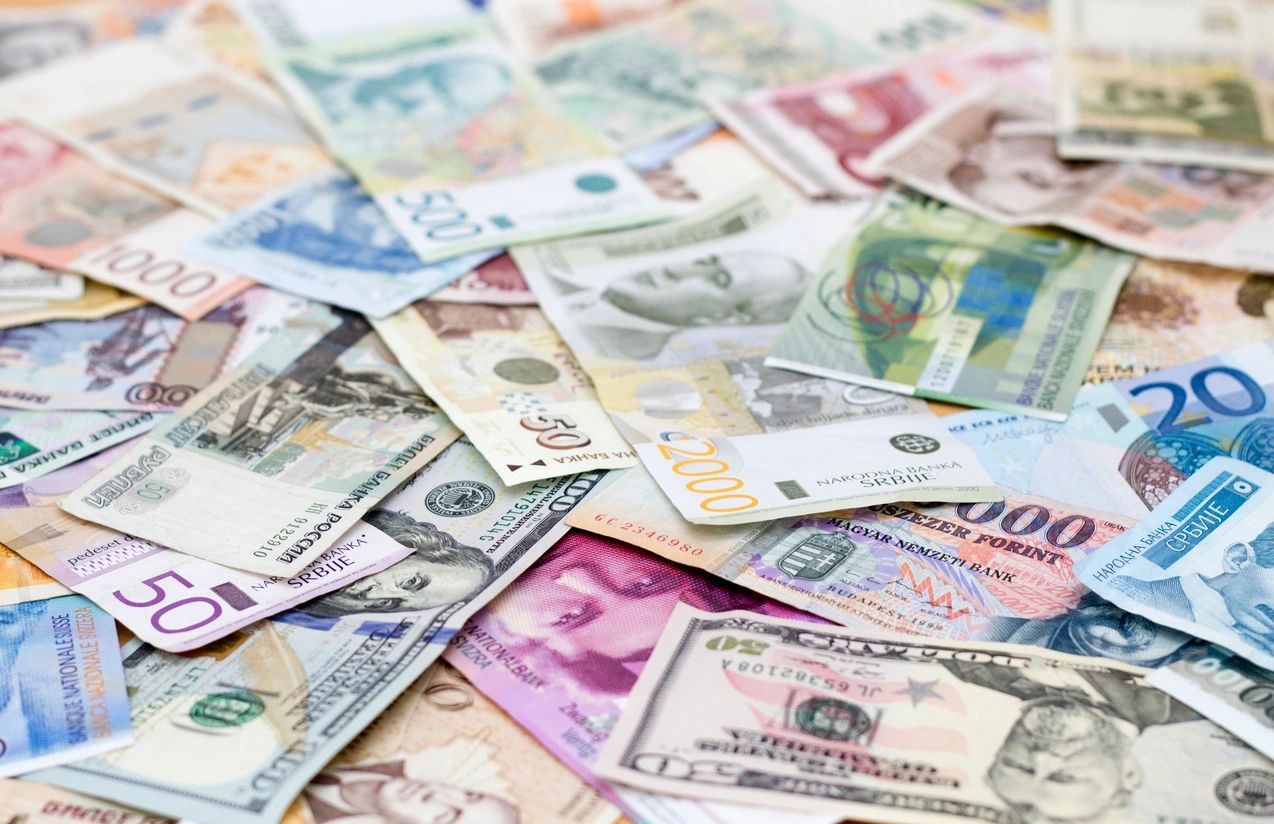With the rise of cryptocurrencies, which I think are more appropriately characterized as “crypto assets“, many are asking fundamental questions about the foundations of money itself. Clarity about the role of money is essential to understanding investment implications of crypto assets.
Money is a medium for exchanging value. Derivatively, money serves as store of value and unit of account. With mutual consent between two parties, value can be exchanged in many ways. The most common mechanism for exchanging value is through sovereign currencies. A sovereign currency is one that has been designated by a sovereign government as a medium for paying taxes. e.g. US dollar.
Clearly, beyond paying taxes using a sovereign currency, parties may decide to conduct business using a range of items to represent money. For example money could be represented by gold or silver coins, stock certificates, frequent flier points, Lego blocks, or other such items in the physical or virtual worlds. Such alternative forms of money need not replace or threaten a sovereign currency to be useful.
Whereas a sovereign currency is controlled solely by the monetary and fiscal policies of its issuing sovereign government, other forms of money would feature different properties of interest to parties that agree to use such alternative forms of money. Properties of money include salability, divisibility, transportability, ease of access, counterparty risk, security, immutability, yield, growth potential, inflation resistance, etc.
The words money and currency are often used interchangeably. When this is done with certain types of money like crypto assets (by calling them cryptocurrencies), it can create a perception of threatening the local sovereign currency. In reality crypto assets (and other forms of money) serve to complement sovereign currencies by extending their reach to the unbanked, and by providing alternative stores of value with different properties than sovereign currencies. This is the premise of de-centralized finance, aka DeFi.


